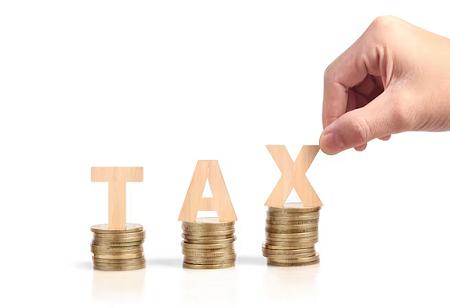
International car suppliers are calculating how much of their production can be shifted to the United States or near it as a defense against tariffs promised by President-elect Donald Trump. According to industry officials at CES in Las Vegas. In addition to making many vehicle parts made in lower-cost markets unfeasible, such high tariffs would be difficult to pass on to customers and, in the case of China, would make it nearly impossible to sell goods in the United States.
Eight years of U.S. protectionism have already been experienced by the auto sector, starting with actual and threatened tariffs during Trump's first term and continuing with more duties and the U.S. Inflation Reduction Act under President Joe Biden. The majority of the policies were directly targeted against China, especially the Biden administration's plan to prohibit Chinese hardware and software from being used in automobiles on American roads.
Trump has promised to go far further, however, enacting a 60% tax on Chinese goods and a 10% general duty on imports into the US from around the world. He expressly promised a 25% tariff on goods from Canada and Mexico when he assumes office on January 20 in late November.
Prior to making any "significant decisions," Bosch is waiting until January 20 to see what truly transpires, Thomas continued, echoing the sentiment of other automakers and suppliers. Trump urged nations or even individual automakers to increase U.S. output during his first term by threatening to impose tariffs on them.
We use cookies to ensure you get the best experience on our website. Read more...